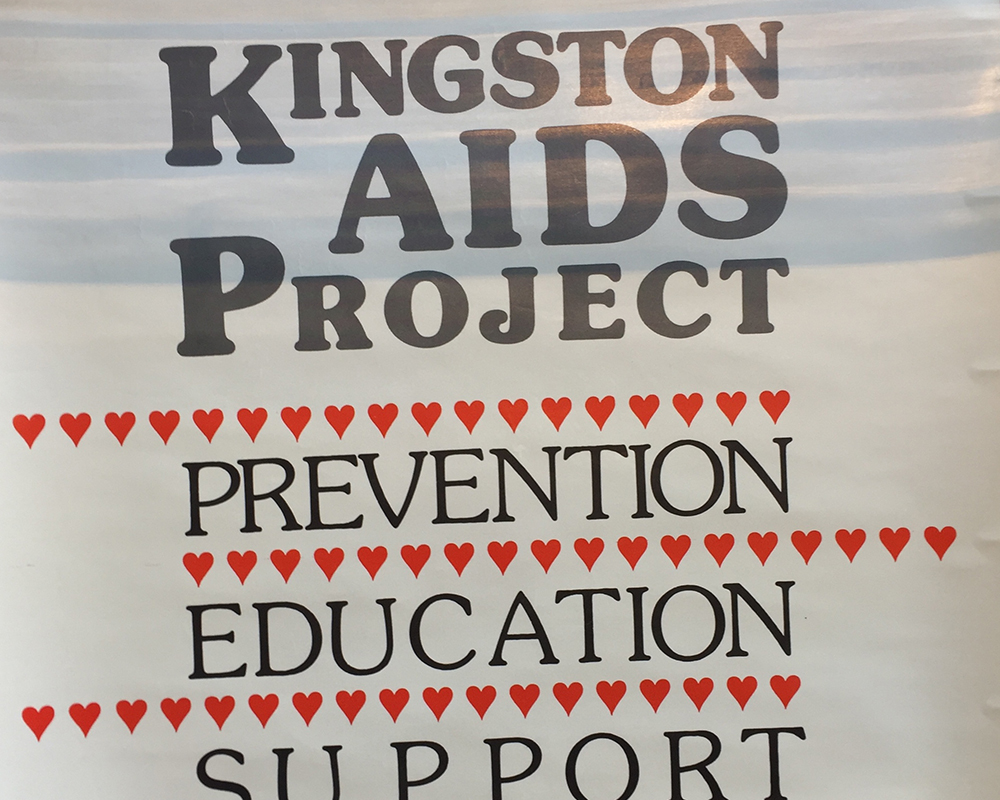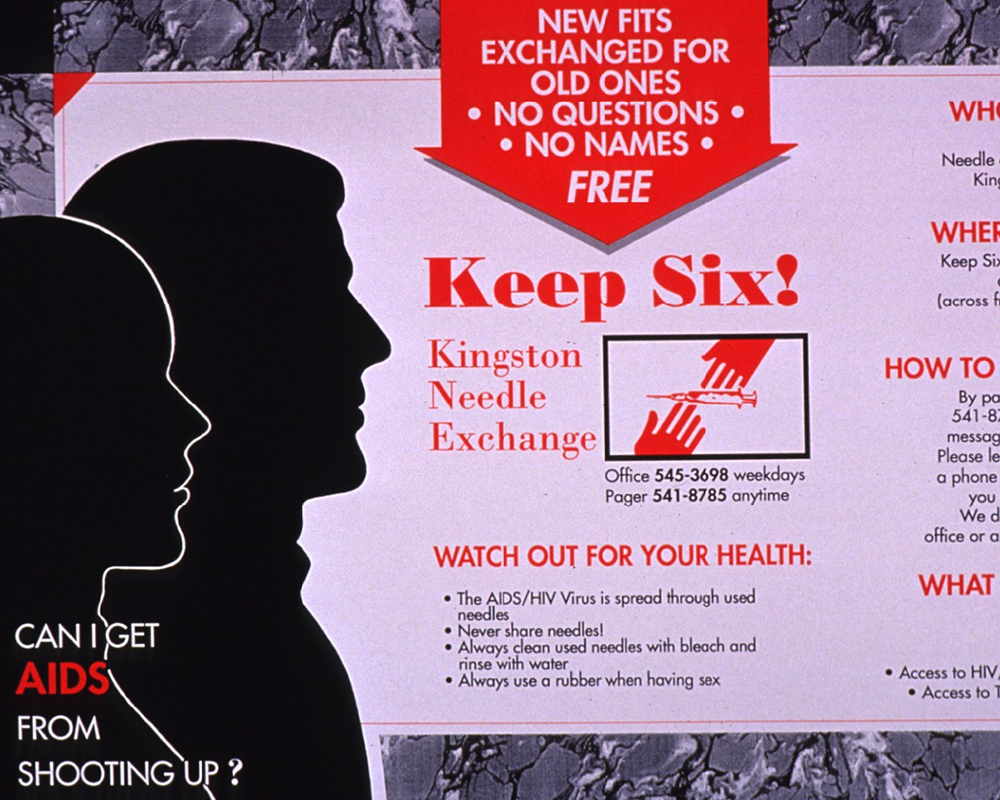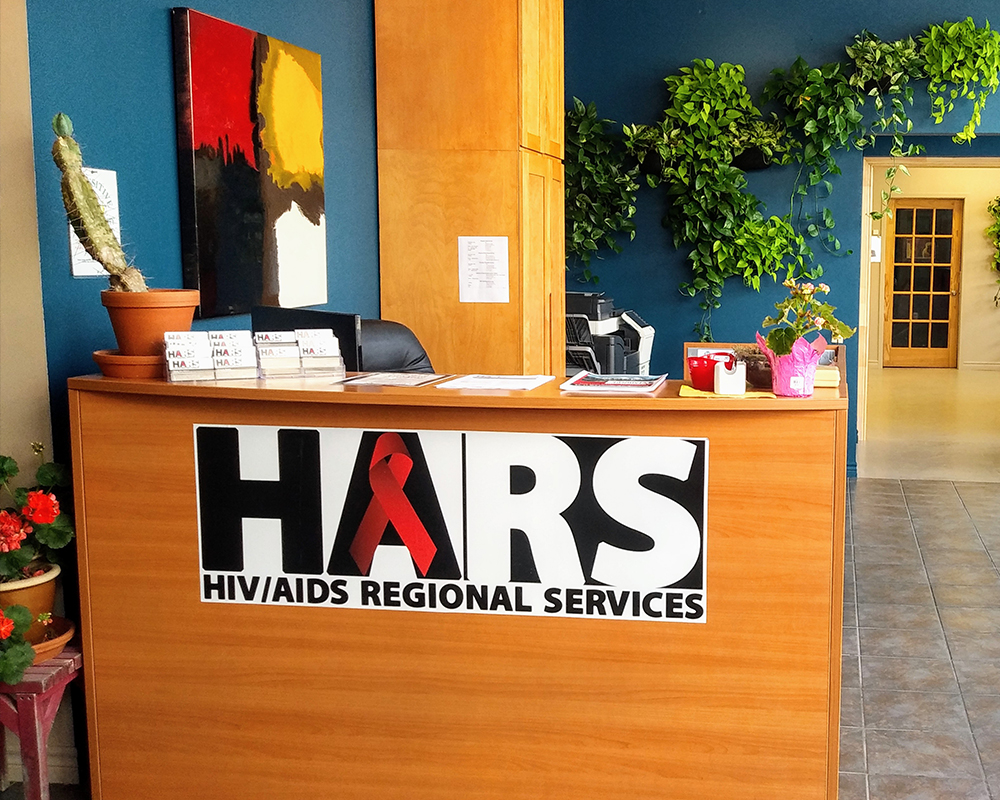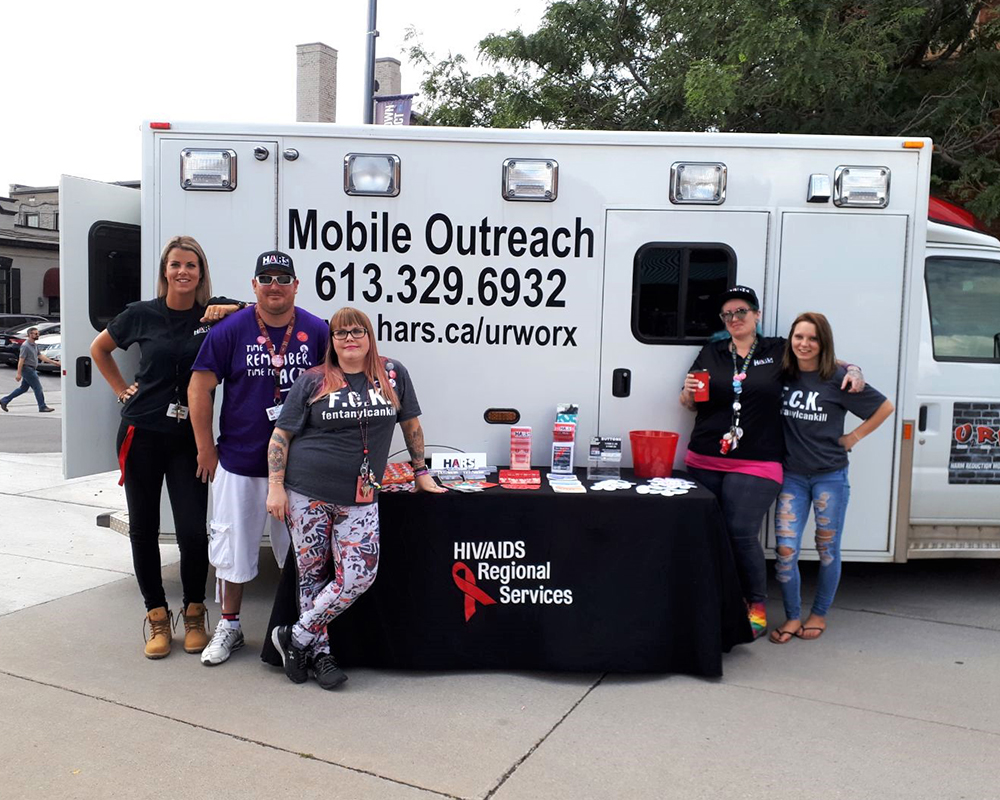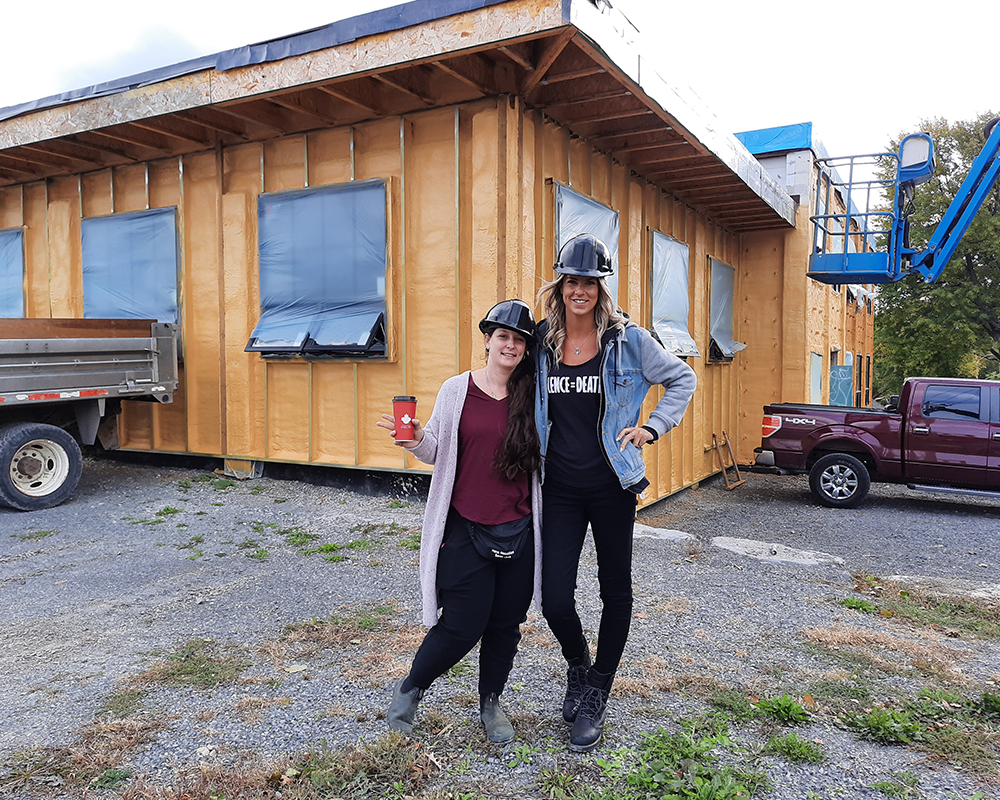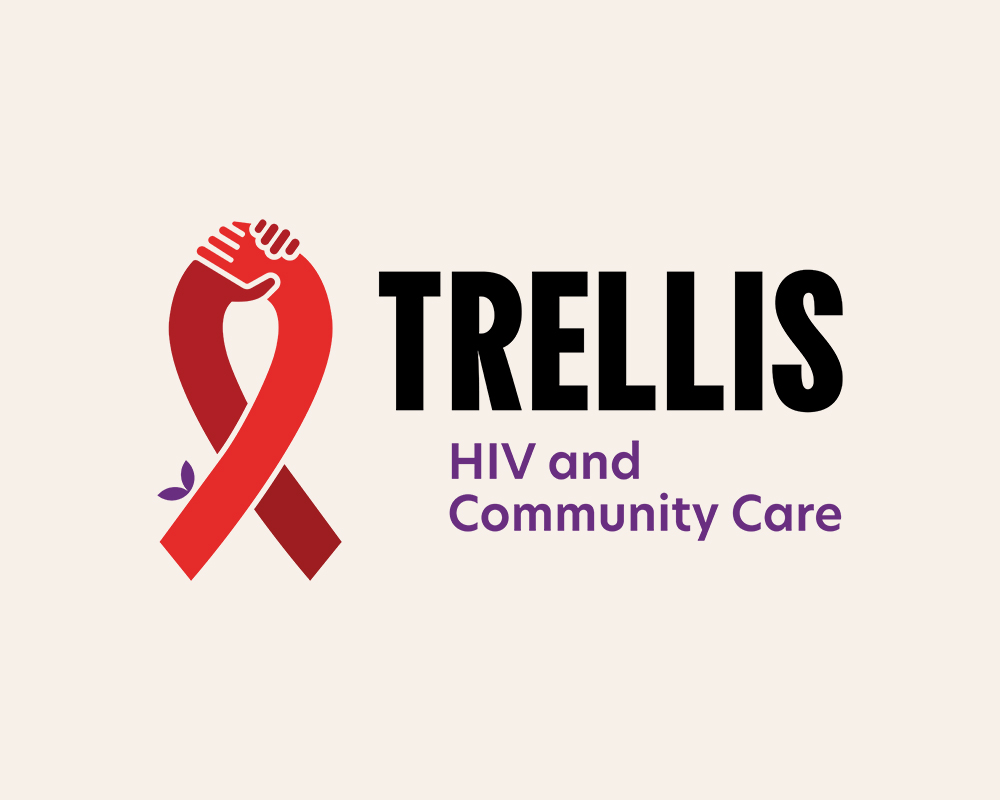About us
Welcome to Trellis HIV & Community Care (Formerly HARS), a safe space providing stigma-free HIV/AIDS education, harm reduction, and support services across Kingston and South Eastern Ontario.
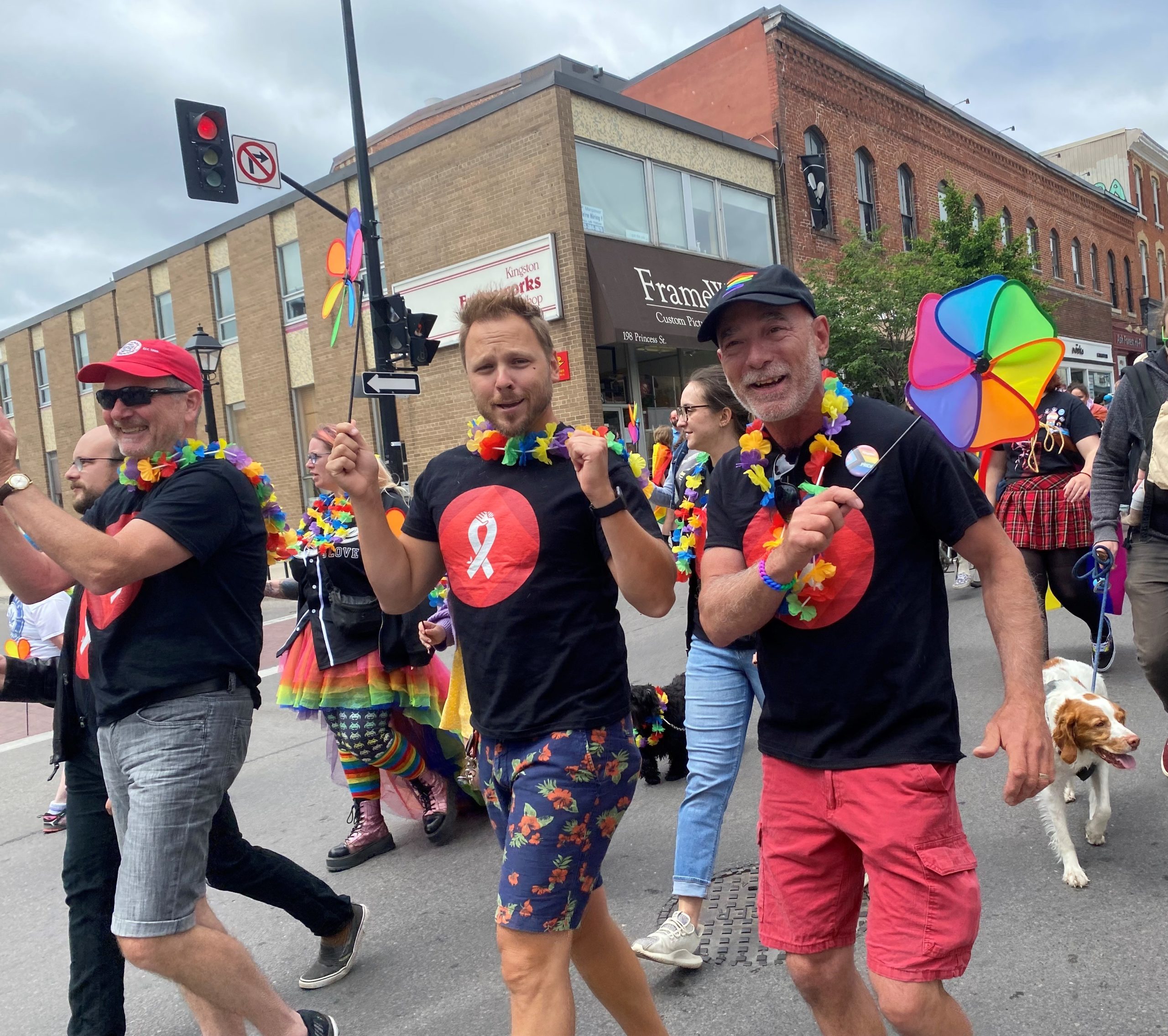
TAKING ACTION TO REMOVE STIGMA
Our Mission
Trellis HIV & Community Care provides comprehensive services including education, prevention, and support for people living with, at risk of, or affected by HIV/AIDS and other sexually transmitted bloodborne infections (STBBIs), in addition to advocating for broader social change to reduce stigma and discrimination.
Our Vision
Trellis HIV & Community Care is a leader in providing service user advocacy and innovative, high quality services for people living with, at risk of, or affected by HIV/AIDS.
Our Values
Anti-Stigma
Lived Experience
Dignity
Community
Harm Reduction
Social Justice
Commitment to principles
Our History
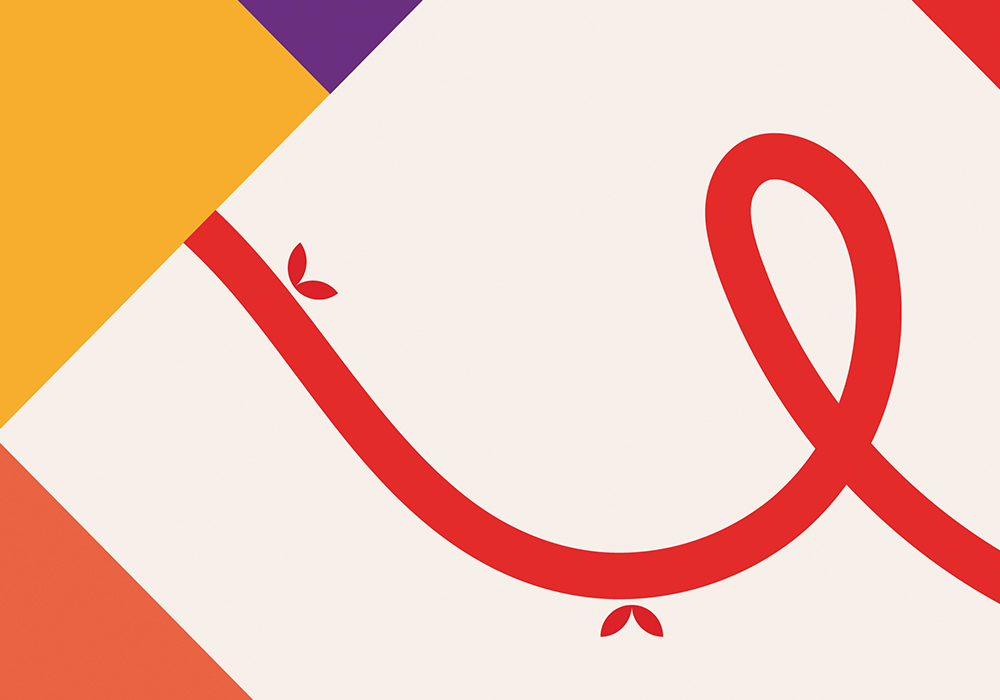
Board of directors
- April Stevens, Secretary
- Brian McNeilly, Director
- Cam Naish, Treasurer
- Carolyn Smart, Director
- Colin Ubdegrove, Vice Chair
- Josh Roy, Director
- Ted Robinson, Board Chair
OUR TEAM
- Amanda Girling (she/her) - Executive Director (Interim)
- Brad Dies (he/him) - M4M Sexual Health Coordinator (GMSH)
- Chris Bachand Lauko - Peer Support Worker
- Diane Kearnan (she/they) - Volunteer & Facilities Coordinator
- Diane Smith-Merrill - Prison Support Coordinator
- Derek Van Alstyne (he/him) - Regional Harm Reduction Coordinator
- Eliana Orrego (she/her) - Human Resources Coordinator
- Jessica Vallentgoed (she/her) - Harm Reduction Outreach Worker
- Jo Staples (she/her) - Regional Support Coordinator
- June Blackburn (she/her)- Harm Reduction Worker
- Kelli McIsaac (she/her)- City Support Coordinator
- Marika Swainson (she/her) - Harm Reduction Worker
- Parker Robb (they/them) - Program Coordinator
- Shuying Chen (she/her)- Women and HIV Coordinator (WHAI)
- Steph Bate (she/her) - Program Coordinator
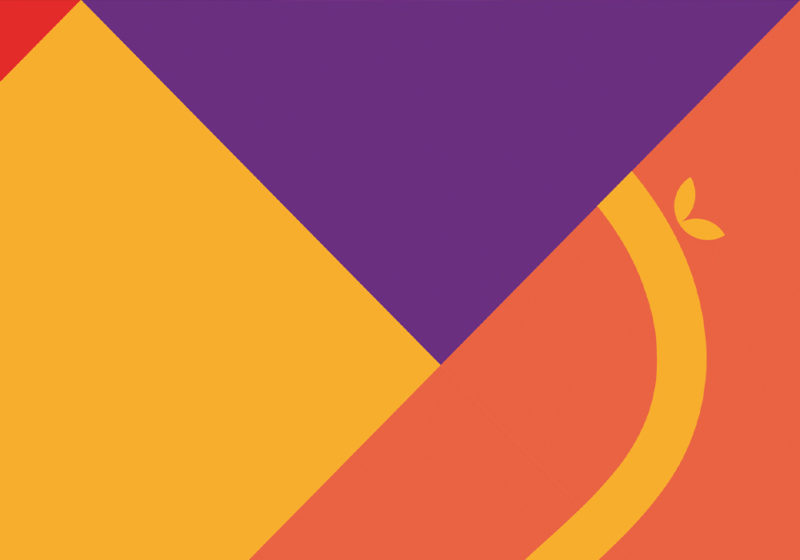
Program partners
-
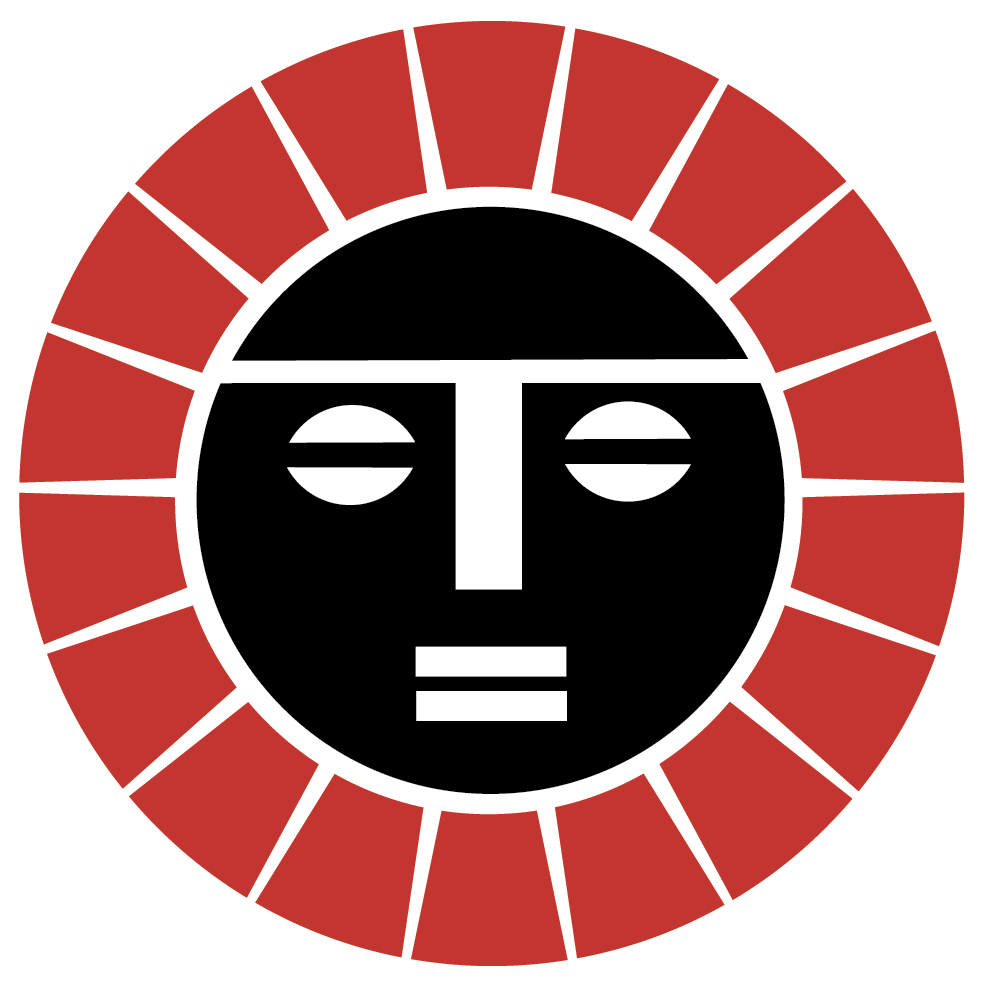
African and Caribbean Council on HIV/AIDS in Ontario (ACCHO)
The African and Caribbean Council on HIV/AIDS in Ontario (ACCHO) is a provincial organization that provides strategic leadership in response to HIV/AIDS in African, Caribbean, and Black (ACB) communities in Ontario. ACCHO came into existence as a result of the disproportionate impact of HIV/AIDS within ACB communities due to anti-Black racism and other social and economic determinants of health. We are committed to facilitating systemic change that will amplify the voices and better the lives of ACB people living with, affected by, or at risk of HIV/AIDS. We respond to HIV/AIDS within ACB communities using an intersectional approach to our work, including the meaningful involvement and engagement of ACB people living with HIV/AIDS, a continually-evolving analysis of anti-Black racism and other overlapping systems of oppression. -
Gay Men’s Sexual Health Alliance of Ontario (GMSH)
The Gay Men’s Sexual Health Alliance (GMSH) is a network of HIV/AIDS service organizations, whose mission is to support its members in building their own capacity, and the capacity among other service providers in their communities, to offer sexual health, HIV, and other services that meet the needs of cis- and trans-gender gay, bisexual, queer, two spirit and other men who have sex with men in Ontario. GMSH focuses its work around the following themes: - Sexual Health - Sexual Pleasure - Harm Reduction - Mental Health - Capacity building to better serve communities of guys who like guys. -
Ontario Aboriginal HIV/AIDS Strategy (OAHAS)
The Ontario Aboriginal HIV/AIDS Strategy was created by a steering committee composed of government representatives, researchers, community representatives and people infected and affected by HIV/AIDS. The goal of the strategy is to provide culturally respectful and sensitive programs and strategies to respond to the growing HIV/AIDS epidemic among Aboriginal Peoples in Ontario, through promotion, prevention, long-term care, treatment and support initiatives consistent with harm reduction principles. The strategy is a provincially mandated AIDS service organization that provides outreach and support services, through regional outreach workers, to off-reserve Aboriginal Peoples who are living with or affected by HIV/AIDS. -
Women & HIV/AIDS Initiative (WHAI)
WHAI is a community-based response to HIV and AIDS among Cis and Trans women in Ontario. We take into account the structural and societal factors that increase women's risk factors for HIV. This initiative is located in 16 AIDS Service Organizations (ASOs) throughout Ontario. WHAI focuses its work around the following themes: Stigma and Discrimination, Gender-based violence, Harm Reduction, Community and Emotional Wellness, Economic Insecurity, Women-centered Healthcare
